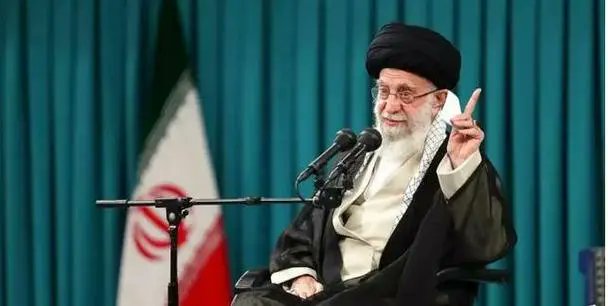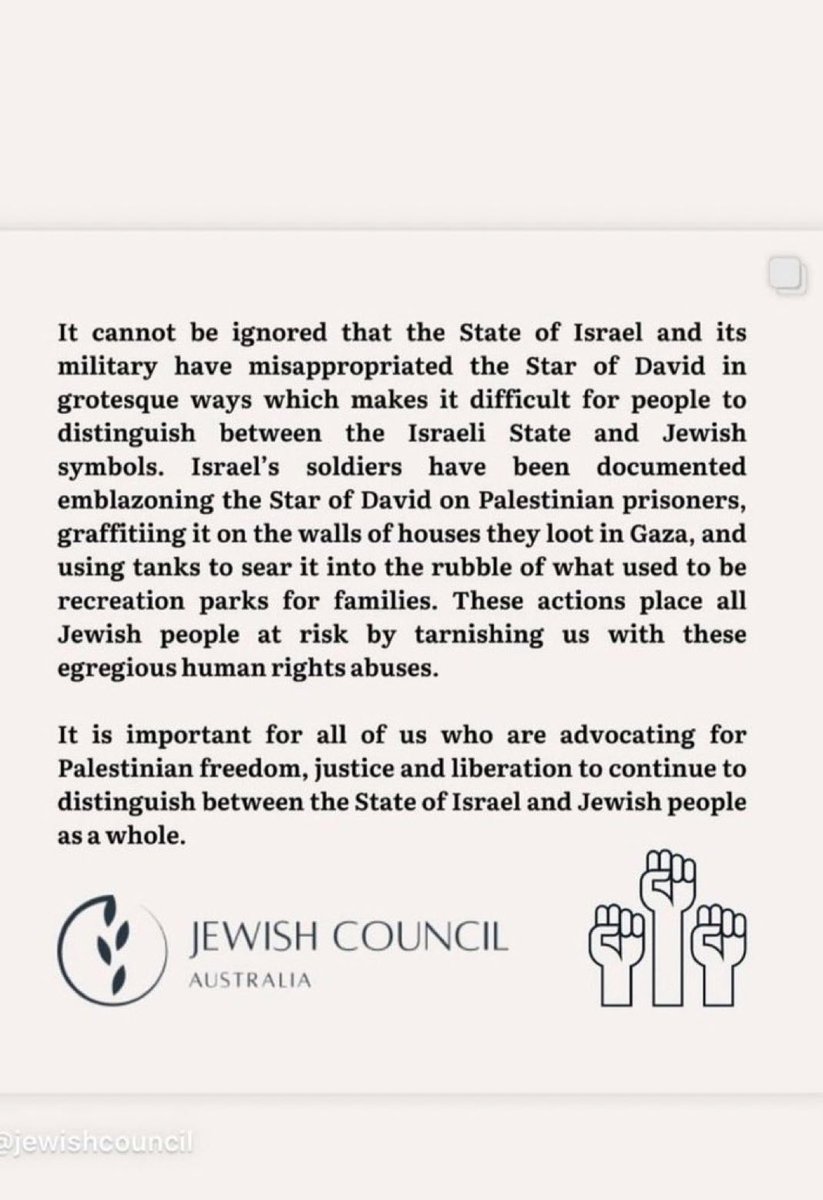Arab World Rejects ‘Dark’ Proposal on Gaza
A six-nation Arab ministerial meeting in Cairo has firmly rejected the displacement of Palestinians from Gaza and reiterated the call for the implementation of a two-state solution to the Israeli-Palestinian conflict.
Saturday’s meeting, held at Egypt’s invitation and attended by representatives from Saudi Arabia, the United Arab Emirates (UAE), Qatar, Jordan, Palestine, and the Arab League, issued a joint statement stressing the importance of working toward a just and lasting peace in the Middle East.
The statement also expressed support for collaboration with US President Donald Trump’s administration to achieve a comprehensive peace in the region based on the two-state solution.
The participating countries voiced their strong opposition to any attempts to infringe on the inalienable rights of Palestinians, including settlement activities, forced expulsions, house demolitions, land annexations, or any measures encouraging the displacement or uprooting of Palestinians from their land.
The six nations called on the international community, particularly global powers and the UN Security Council, to take immediate action toward implementing the two-state solution.
‘Clean out’ Gaza
Saturday’s meeting comes in the wake of repeated statements from Trump suggesting to “clean out” Gaza and resettle Palestinians to Egypt and Jordan, describing the enclave as a “demolition site.”
The two countries, however, vehemently rejected any call for the displacement or relocation of Palestinians from their land.
Trump’s proposal came after a ceasefire agreement took effect in Palestine’s Gaza on January 19, suspending the Israeli war, that has killed more than 47,400 Palestinians, most of them women and children, since October 7, 2023.
The relentless Israeli attacks have reduced the enclave to a wasteland of ruins and rubble.
Trump’s proposal has received widespread condemnation, with critics calling it “ethnic cleansing” and a “war crime.” Many countries in the Muslim and Arab world, as well as European nations such as France, have firmly rejected the idea according to TRT World.











